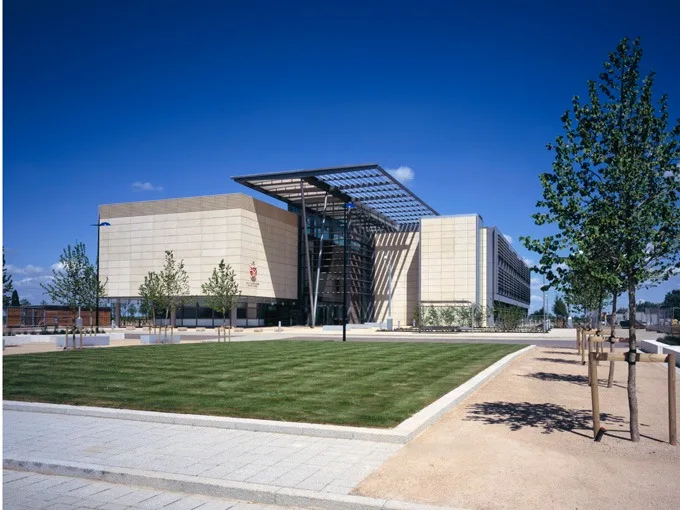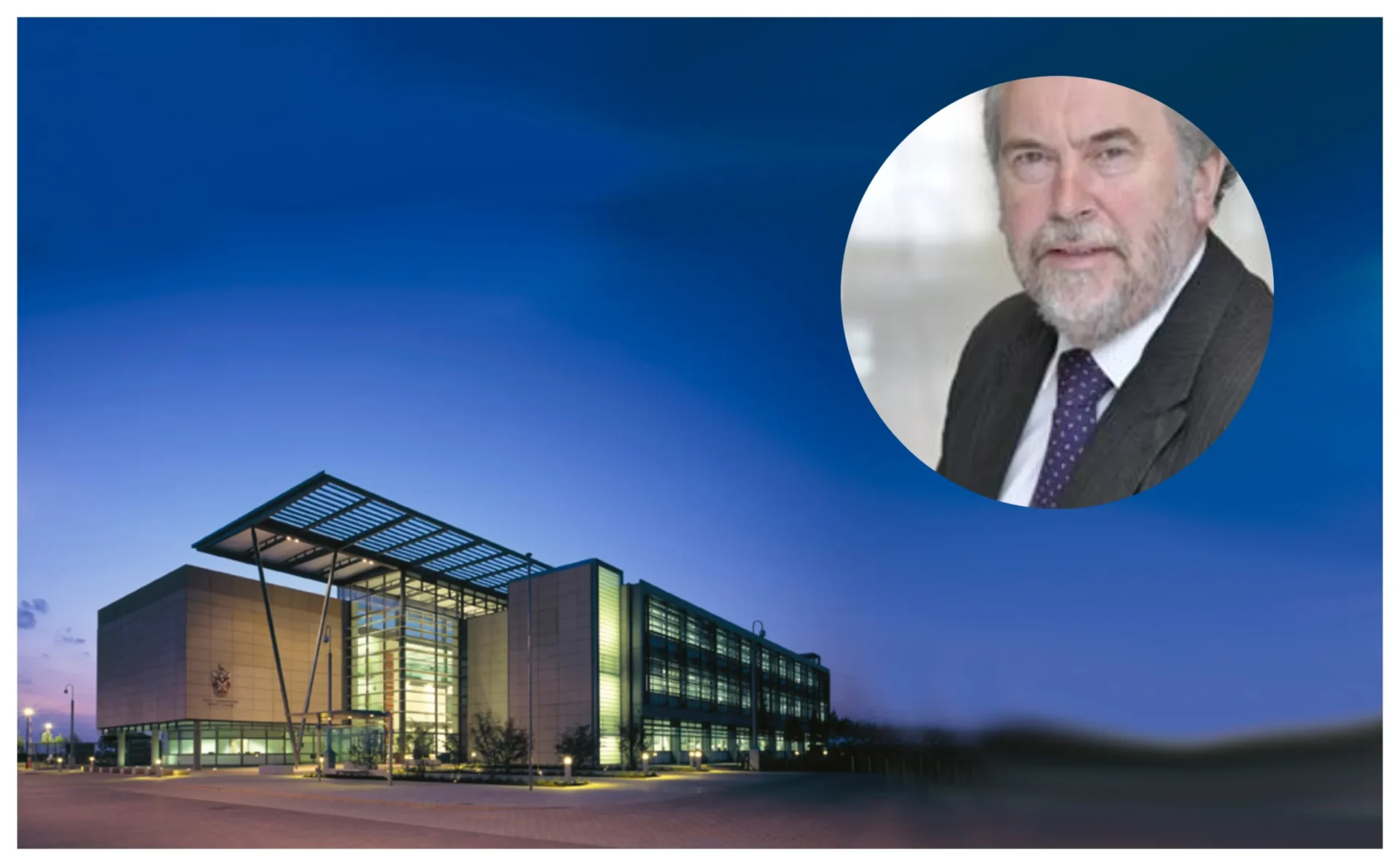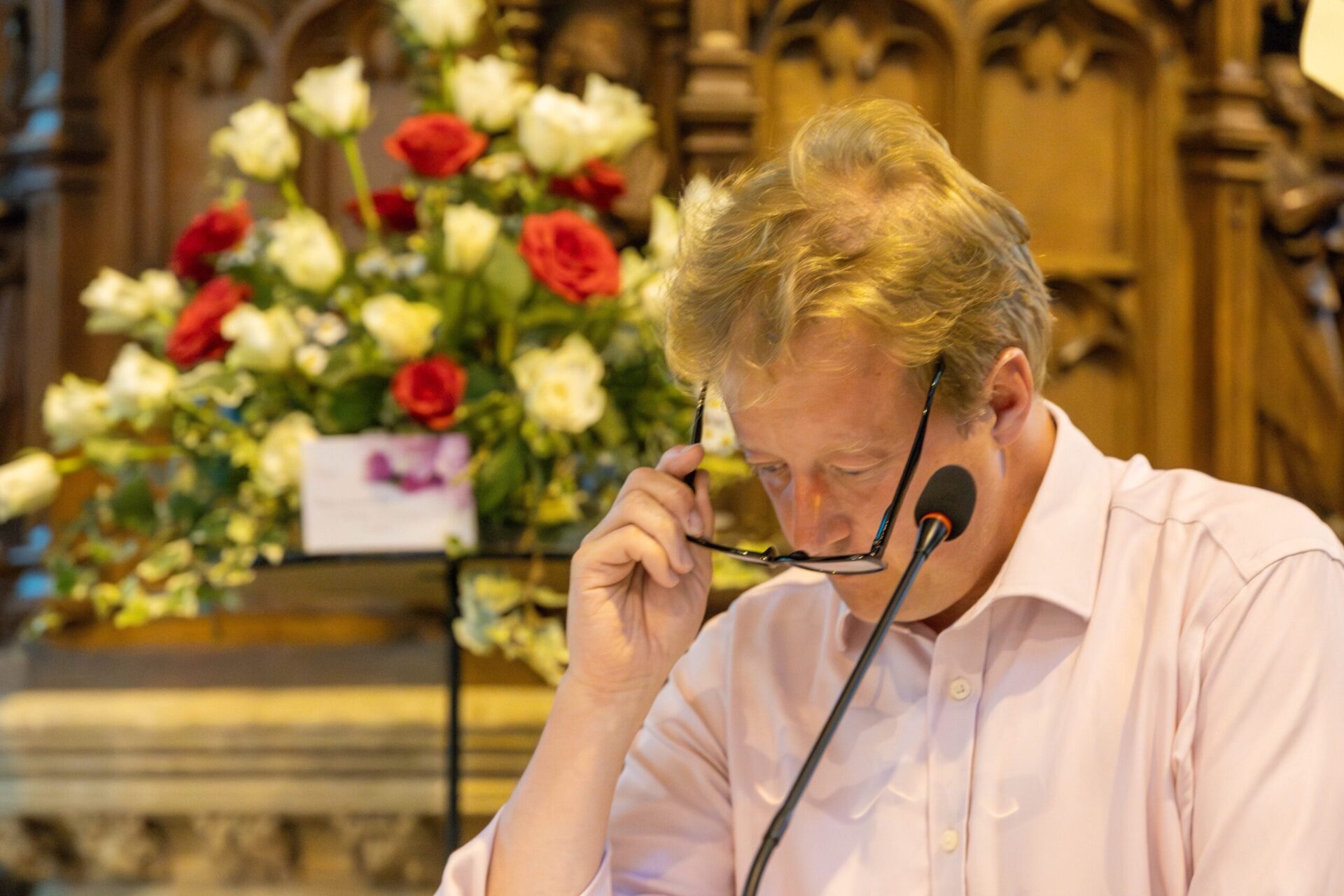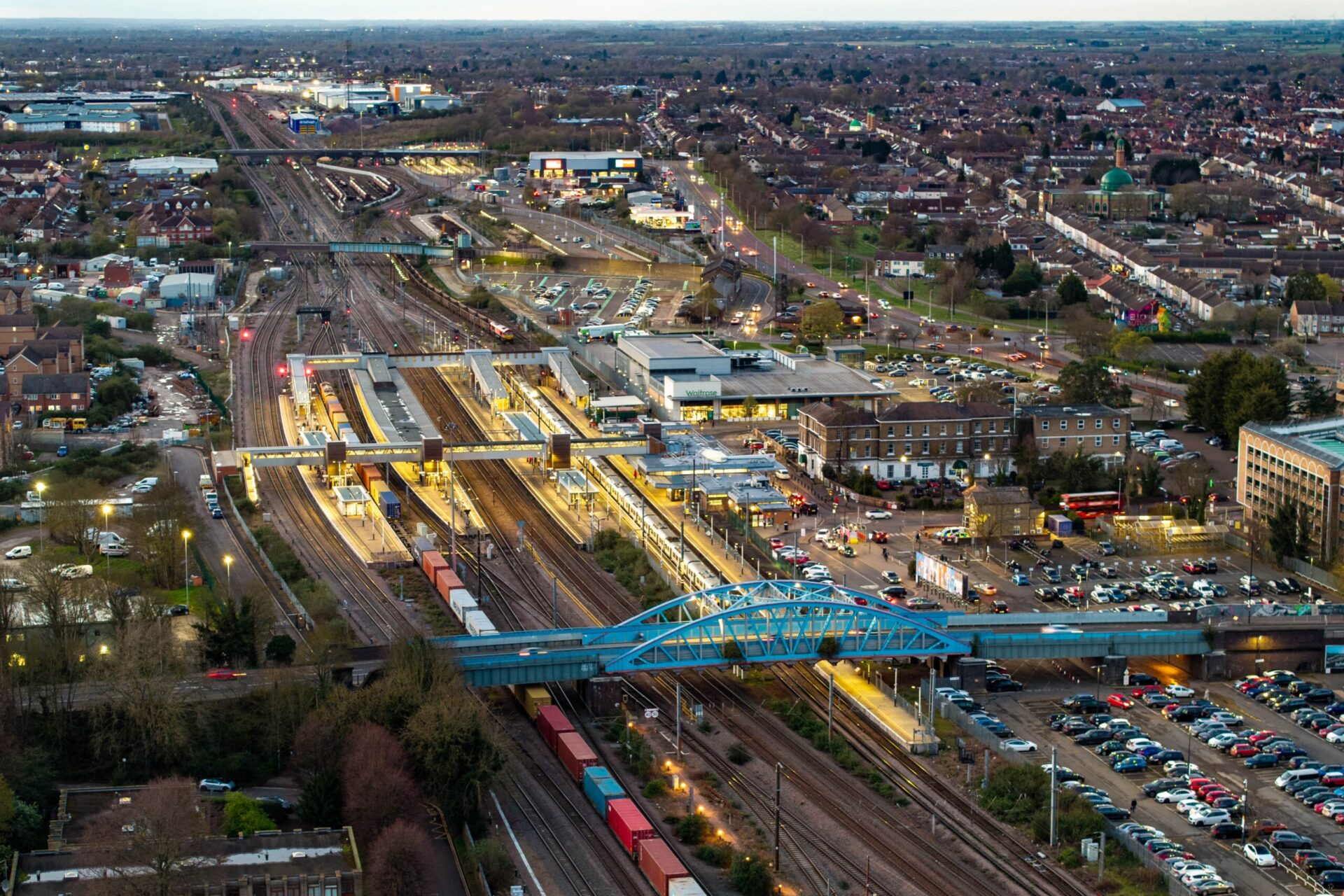South Cambridgeshire District Council says its finances continue to be secure “despite high inflation and cost of living pressures”. The latest 2023/2024 revenue and capital budget monitoring report covering the second quarter of the current financial year, up until the end of September, and was discussed by Cabinet members at their meeting today (Tuesday 5 December).
South Cambridgeshire District Council’s Lead Cabinet member for resources, Cllr John Williams, said: “We are proud that South Cambridgeshire District Council continues to be financially stable and secure.
“This is a significant achievement that should give residents confidence about our services, especially in these prolonged times of financial uncertainty. Our track record is one of a balanced financial strategy, along with prudent financial management and robust investments.
He added: “A big thank you to the vast majority of residents who support vital frontline services by paying their Council Tax on time.
“However, these continue to be uncertain times for councils up and down the country and we know that we always need to be doing more to ensure local taxpayers get the very best value for money.
“That’s why we continue to aim to achieve significant savings, without detriment to services, via our ambitious transformation programme. Through this, we are aiming to identify a total of at least £2 million in savings by April 2026.”
A council spokesperson expanded on the report.
“So far this financial year, almost every single council area has spent within its allocated budgets for staff salaries,” said the council spokesperson.
“The council uses a ‘red, amber, green’ rating to rank the amount being spent on salaries. Every service area is currently rated as green – the best rating.

“The amount being spent on salaries within Greater Cambridge Shared Planning is around £47,000, or 1%, more than budgeted for.
“However, it is a major improvement compared to this time last year when the service was overspent by £237,000, mainly because of using agency workers to cover vacancies.”
The report also outlines how additional income has been generated by the commercial arm of Greater Cambridge Shared Waste, interest on investments, and fees paid to the Greater Cambridge Shared Planning service, which is shared with Cambridge City Council.
The council says the amount being spent on fuel for bin lorries is slightly less than anticipated because of diesel prices starting to fall since the year’s budget was set.
Council finance bosses believe that a “prudent approach to spending” has been key in helping ensure finances remain robust.
Income received from business rates has contributed to the council’s financial position.
The number of new homes continuing to be built locally has also led to income from the Government’s New Homes Bonus scheme. Since 2017, around 11,000 new homes have been built across Greater Cambridge.
The council says that before announcing a four-day week trial, it was spending about £2 million a year on 23 agency staff who were covering vacancies – often in specialist roles where the private sector pays more.
It believes this bill could be halved if all the agency posts were filled permanently.
A report discussed at last month’s Employment and Staffing Committee outlines how the council has filled 14 of these posts – mainly in the planning service.
The council says these are “notoriously hard to fill due to the national shortage of planners.
“Filling these posts means the council expects to spend hundreds of thousands of pounds less than it otherwise would do on agency cover this year”.
The council says analysis of its performance across key areas “continues to paint a promising picture overall, with most services continuing to meet targets”.
The spokesperson said these are shown in a report to last month’s Scrutiny and Overview Committee.
The report considered by Cabinet can be found within the meeting agenda at https://scambs.moderngov.co.uk/ieListDocuments.aspx?MId=9759&x=1


























